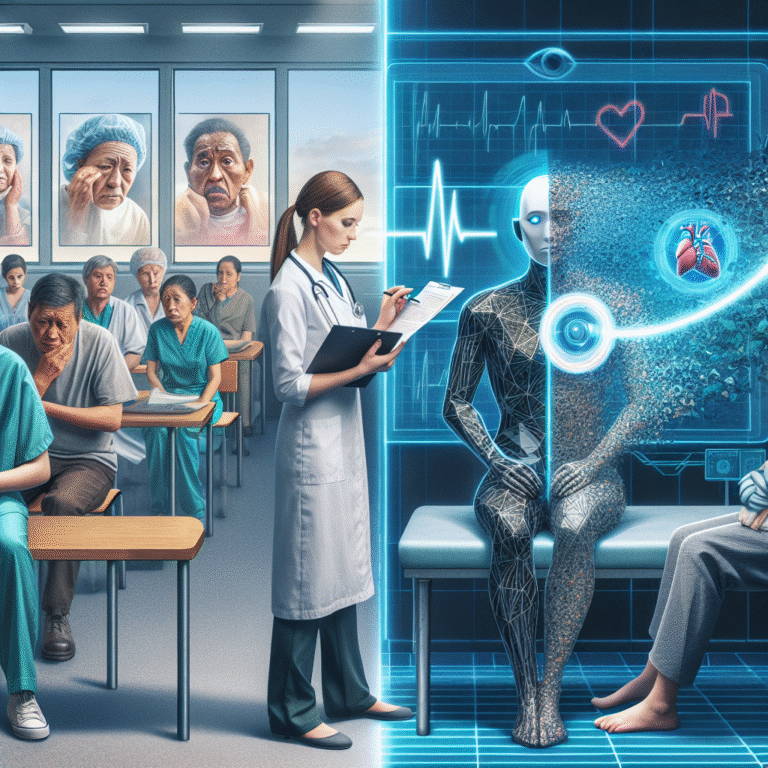Generative Artificial Intelligence (AI) is weaving its way into healthcare, transforming clinical workflows, patient care, and decision-making processes. Dr. Christopher Longhurst from UC San Diego Health and Dr. Sara Murray from UC San Francisco Health have been at the forefront of this revolution, implementing AI technologies in clinical settings. Their collaboration with companies like Epic and Microsoft has led to the integration of GPT models into electronic health records, assisting clinicians with patient communication and administrative tasks.
Dr. Longhurst highlights the initial promise and now demonstrated effectiveness of GPT systems in reducing the cognitive burden on doctors. While the technology has not yet significantly reduced time spent on patient communications, it has enhanced empathy in interactions and provided valuable support in drafting patient messages. Meanwhile, Dr. Murray stresses the importance of deploying trustworthy AI systems in clinics, focusing on ensuring that these technologies do not exacerbate existing biases and inequities in healthcare delivery.
The integration of AI scribes and assistants is reshaping the healthcare environment by reducing paperwork burdens and allowing clinicians to focus more on patient interaction. However, challenges remain regarding the standardization and regulation of AI use in clinical practice. As these technologies continue to evolve, the role of health AI officers, like Dr. Murray, will be pivotal in guiding the ethical and practical implementation of AI in health systems worldwide.

